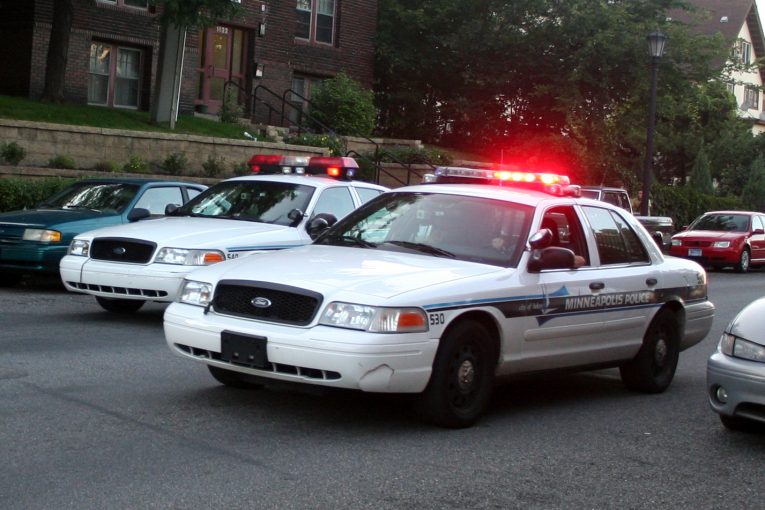

By The Vanguard Staff
MINNEAPOLIS, MN – As a direct result of the policing in the city where George Floyd was murdered by an officer three years ago, a “court-enforceable” agreement late last week was signed by the city of Minneapolis and the Minnesota Department of Human Rights to revamp its policing policy, according to the Associated Press.
The “agency issued a blistering report last year after an investigation found the police department had engaged in a pattern of race discrimination for at least a decade,” said the AP story, adding the Minneapolis City Council approved the settlement 11-0.
Mayor Jacob said, according to the AP story, “The agreement isn’t change, in and of itself, but it charts a clear roadmap to it, and Minnesota Human Rights Commissioner Rebecca Lucero noted, “This agreement serves as a model for how cities, police departments and community members across the country can work together to address race-based policing and strengthen public safety.”
The AP wrote the state agency “launched its investigation shortly after Derek Chauvin, a white police officer, knelt on Floyd’s neck for 9 1/2 minutes on May 25, 2020, disregarding the Black man’s fading pleas that he couldn’t breathe.”
Floyd’s death sparked mass protests around the world, said AP, and “forced a national reckoning on racial injustice, and compelled a Minneapolis Police Department overhaul.
“Chauvin was convicted of murder. He and three other officers on the scene are serving prison terms.
“We didn’t get here overnight, and change also won’t happen overnight,” Frey said. “This problem that we now face, it has taken hold over many generations, many administrations, mayors and chiefs, and clearly our Black and brown communities have taken the brunt of this,” according to the AP.
Lucero said the agreement includes measures to ensure force is used “only when it is objectively reasonable, necessary and proportional” and never “to punish or retaliate.”
The AP wrote “officers must de-escalate conflicts when possible. There will be limits on when and how officers can use chemical irritants and Tasers. And training in the disputed condition of excited delirium — a key issue in the confrontation that led to Floyd’s death — will be banned. Stops for broken lights and searches based on the alleged smell of marijuana are banned.”
The AP story said “civil rights attorney Ben Crump and other lawyers who won a $27 million settlement for the Floyd family called the agreement ‘monumental…the “culmination of years of heartbreak and advocacy by those impacted by the poor policies and practices of the Minneapolis Police Department.’”
The U.S. Department of Justice is still investigating whether Minneapolis police engaged in a pattern or practice of discrimination. That investigation could lead to a separate agreement with the city known as a consent decree. City officials couldn’t provide information on where that stands, said AP.
The AP report noted the Minneapolis settlement, which requires court approval, also “governs the use of body-worn and dashboard cameras; officer wellness; and response to mental health and behavioral crises. An independent evaluator must be appointed to monitor compliance.”
“The lack of political will to take responsibility for MPD is why we are in this position today,” council member Robin Wonsley said. “This legal settlement formally and legally prevents city leadership from deferring that responsibility anymore. And I hope this settlement is a wake-up call for city leaders, who the public has watched rubber-stamp poor labor contracts, have signed off on endless misconduct settlements, and then shrugged their shoulders when residents asked then why we have a dysfunctional police department,” according to news reports.